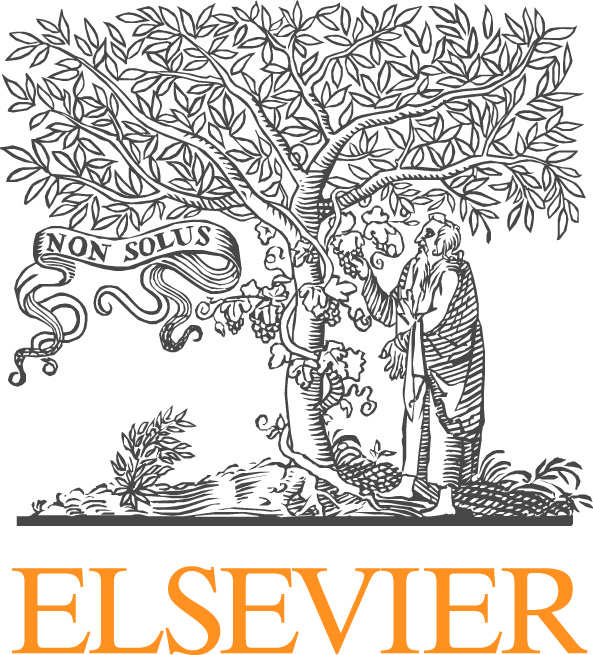
Solution of Large-Scale Bayesian Inverse Problems Governed by Wave Propagation
Omar Ghattas
Abstract: Inverse problems governed by acoustic, elastic, or electromagnetic wave propagation--in which we seek to reconstruct the unknown shape of a scatterer, or the unknown properties of a medium, from observations of waves that are scattered by the shape or medium--play an important role in a number of engineered or natural systems. Our goal is to address the quantification of uncertainty in the solution of the inverse problem by casting the inverse problem as one in Bayesian inference. This provides a systematic and coherent treatment of uncertainties in all components of the inverse problem, from observations to prior knowledge to the wave propagation model, yielding the uncertainty in the inferred medium/shape in a systematic and consistent manner. Unfortunately, state-of-the-art MCMC methods for characterizing the solution of Bayesian inverse problems are prohibitive when the forward problem is expensive (as in our 100—1000 wavelength target problems) and a high-dimensional parametrization is employed to describe the unknown medium (as in our target problems involving infinite-dimensional medium/shape fields, which result in millions of parameters when discretized).We report on recent research aimed at overcoming the mathematical and computational barriers for large-scale Bayesian inverse wave propagation problems. These include:
* parallel adaptive mesh refinement/coarsening algorithms based on forests of octrees to tailor mesh to the local wave speed, dynamically track wave fronts, and adapt to the inversion parameter field and its uncertainty;
* parallel scalable hybrid geometric-algebraic multigrid methods based on forest of octree meshes for the treatment of regularizing prior operators that are posed as inverses of elliptic operators;
* infinite-dimensional formulations of Bayesian inverse problems and their consistent finite-dimensional discretizations;
* a stochastic Newton MCMC method for solution of the statistical inverse problem that reduces the number of samples needed by several orders of magnitude, relative to conventional MCMC;
* fast low rank randomized SVD approximation of the Hessian based on compactness properties; and
* applications to solutions of Bayesian inverse wave propagation in whole Earth seismology with up to one million earth model parameters, 630 million state variables, on up to 100,000 processors.
This work is joint with George Biros, Tan Bui-Thanh, Carsten Burstedde, Ben Crestel, Jesse Kelly, James Martin, Georg Stadler, Hari Sundar, and Lucas Wilcox.
Biography: Dr. Omar Ghattas is the John A. and Katherine G. Jackson Chair in Computational Geosciences, Professor of Geological Sciences and Mechanical Engineering, and Director of the Center for Computational Geosciences in the Institute for Computational Engineering and Sciences (ICES) at The University of Texas at Austin. He also serves as Director of the KAUST-UT Austin Academic Excellence Alliance and holds courtesy appointments in Computer Sciences, Biomedical Engineering, the Institute for Geophysics, and the Texas Advanced Computing Center. He earned BS, MS, and PhD degrees from Duke University in 1984, 1986, and 1988. He has general research interests in simulation and modeling of complex geophysical, mechanical, and biological systems on supercomputers, with specific interest in inverse problems and associated uncertainty quantification for large-scale systems. His center's current research is aimed at large-scale forward and inverse modeling of whole-earth, plate-boundary-resolving mantle convection; global seismic wave propagation; dynamics of polar ice sheets and their land, atmosphere, and ocean interactions; and subsurface flows, as well as the underlying computational, mathematical, and statistical techniques for making tractable the solution and uncertainty quantification of such complex forward and inverse problems on parallel supercomputers. He received the 1998 Allen Newell Medal for Research Excellence, the 2004/2005 CMU College of Engineering Outstanding Research Prize, the SC2002 Best Technical Paper Award, the 2003 IEEE/ACM Gordon Bell Prize for Special Accomplishment in Supercomputing, the SC2006 HPC Analytics Challenge Award, and the 2008 TeraGrid Capability Computing Challenge award, and was a finalist for the 2008, 2010, and 2012 Bell Prizes. He has served on the editorial boards or as associate editor of 12 journals, has been co-organizer of 12 conferences and workshops and served on the scientific or program committees of 40 others, has delivered plenary lectures at 23 international conferences, and has been a member or chair of 20 national or international professional committees. More information on Dr. Ghattas can be found at http://www.ices.utexas.edu/people/143/.











